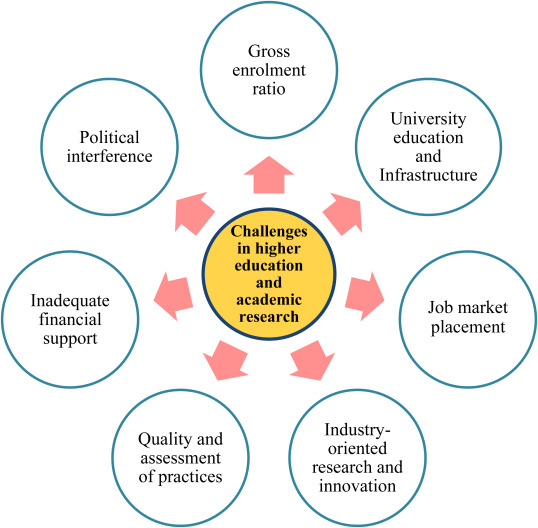From UPSC perspective, the following things are important :
Prelims level: National Credit Framework (NCrF)
Mains level: more active role of Higher Education Institutes (HEIs)

Central Idea:
The article advocates for a more active role of Higher Education Institutes (HEIs) in India to enhance students’ employability by incorporating micro-credentials, short-duration learning activities validating specific skills. It emphasizes the need to bridge the gap between traditional education and current job requirements, highlighting the flexibility and accessibility of micro-credentials. The evolving hiring practices, prioritizing skills over degrees, further reinforce the significance of these short-duration learning programs.
Key Highlights:
- Micro-Credentials Definition: Short-duration learning activities proving specific outcomes, offering flexibility for learners.
- Changing Hiring Practices: Shift towards prioritizing skills over degrees in recruitment.
- Industry Players: Various organizations and universities globally providing micro-credentials.
- National Credit Framework (NCrF): In India, a framework outlining learning outcomes and credits for progression.
- Quality Benchmarking: The importance of ensuring consistent quality standards and regulations for micro-credentials.
- Trust Building: Reliable assessment methods critical to fostering trust in micro-credentials.
- Potential Impact: Micro-credentials as a valuable addition to traditional education, enhancing students’ skills.
Key Challenges:
- Quality Assurance: Ensuring consistent quality in micro-credentials to prevent divergence in learning outcomes.
- Regulation: The need for clear regulations to facilitate recognition and endorsement in workplaces and educational institutes.
- Assessment Methods: Developing reliable assessment methods critical for establishing trust in micro-credentials.
Key Terms and Phrases:
- Micro-Credentials: Short-duration learning activities proving specific outcomes.
- National Credit Framework (NCrF): Framework in India outlining learning outcomes and credits.
- Just-in-Time Skills: Acquiring skills when needed, addressing the gap between traditional education and current job requirements.
Key Quotes:
- “Hiring practices are changing, with a tendency to prioritize skills over degrees.”
- “Micro-credentials are evolving as the new normal in higher education.”
Key Statements:
- The article asserts the need for HEIs to play a more active role in enhancing students’ employability.
- Micro-credentials are presented as a disruptive solution to bridge the knowledge gap between traditional education and job requirements.
Key Examples and References:
- Atingi, Alison.com, Credly, Coursera, edX, FutureLearn, Google, Linkedin, Microsoft, PwC, and Udacity are mentioned as organizations providing micro-credentials.
- Reference to the National Credit Framework (NCrF) in India as a guideline for learning outcomes and credits.
Key Facts and Data:
- The National Education Policy 2020 focuses on providing skilled education from school to higher levels.
- Micro-credentials can be one to five credit short modules, aligning with the NCrF.
Critical Analysis:
The article underscores the evolving nature of education and employment, recognizing the importance of skills over traditional degrees. It emphasizes the potential of micro-credentials in addressing these shifts and encourages collaboration between HEIs and industries.
Way Forward:
- Collaboration: Encourage collaboration between HEIs and industries for the development of credit-based micro-credentials.
- Regulation: Establish clear regulations to harmonize micro-credentials with existing academic programs.
- Quality Assurance: Ensure consistent quality in micro-credentials through reliable assessment methods.
- Awareness: Raise awareness among students and employers about the value of micro-credentials in enhancing skills and employability.
Get an IAS/IPS ranker as your 1: 1 personal mentor for UPSC 2024
